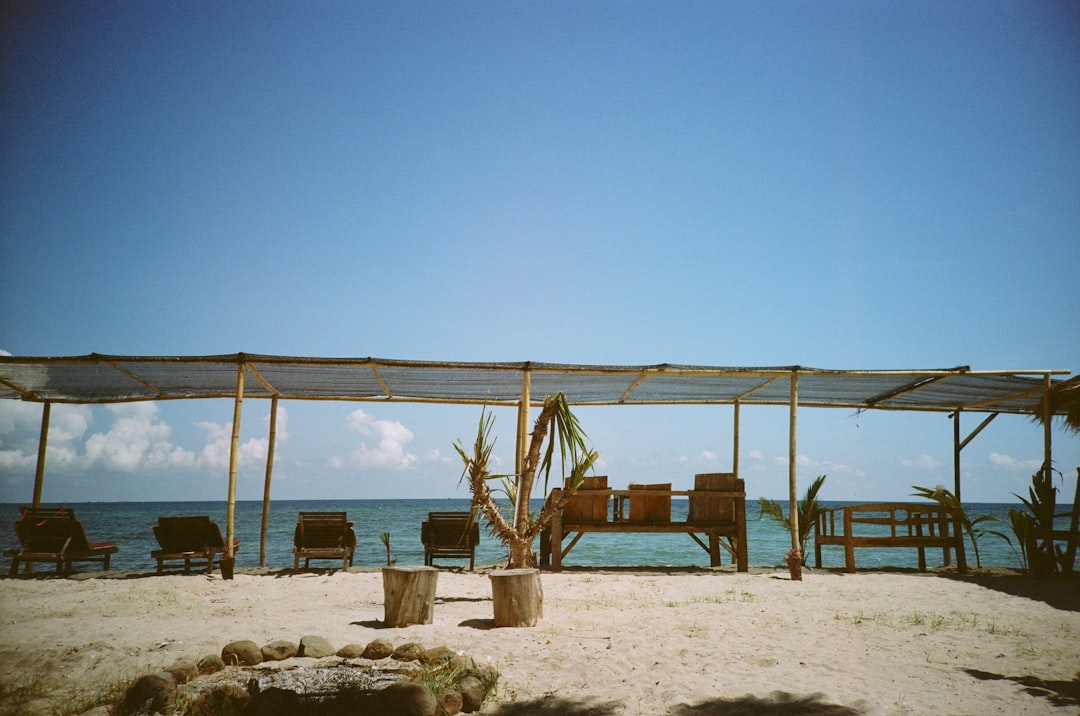Air Conditioner (AC) size recommendations

Many factors are involved when determining the right size of an air conditioner required to cool your home. These factors include the square footage and the configuration of your home, extent of exposure to the sun and the outside environment, the thickness and type of outside wall insulation, the size, type and number of windows and outside doors and ceiling height. In this post, I will discuss about Air Conditioner (AC) size recommendations
Choosing correct size for your house
In general, I noticed the following chart was recommended by most installation companies that could be used to estimate the correct A/C size most suitable for your new home :
| Your Home’s Square Footage | Less 1600 square feet | 1600 to 2200 square feet | 2200 to 2800 square feet | 2800 to 3300 square feet | 3300 to 3800 square feet | 3800 to 4500 square feet | 4500 to 5500 square feet |
| A/C size | 1.5 ton | 2 ton | 2.5 ton | 3.0 ton | 3.5 ton | 4 ton | 5.0 ton |
Important notes:
- If your home is semi-detached, reduce square footage by 10% before referring to the chat-above
- For bungalow-type houses, increase the square footage by 15% before referring to the chat above.
- Houses that have than 9 ft ceiling height or an open to above area, an additional 0.5 ton of cooling may be required
- If you live in a corner lot, increase square footage by 10%
- If a Heat Recovery Ventilator (HRV) is installed in your home, it may require an additional 0.5 or it should be off during a heatwave.
Related post: https://immigrants101.com/ductless-heating-and-cooling/
Cooling Capacity
Cooling capacity offers a concrete measure to help determine whether a particular air conditioner is an appropriate fit for your space. An air conditioner’s cooling capacity is expressed in BTUh (British Thermal Units per Hour) or tons (often referred to as “tonnage”). Both offer a measurement of an air conditioner’s cooling ability over an hour’s time. One ton of cooling capacity is equal to 12,000 BTUh. Residential air conditioners usually range from 1.5 to 5 tons (or, 18,000 – 60,000 BTUh). Anything with larger cooling capacity would be considered light commercial. Tonnage ratings are typically expressed in increments of .5 tons, so residential air conditioners are usually rated as 1.5, 2, 2.5, 3, 3.5, 4, 4.5 or 5 ton units. It should be noted that there is a distinct difference between BTU and BTUh. BTU, or British Thermal Units, is actually a measurement for the amount of heat needed to raise one pound of water by one degree Fahrenheit. BTUh represents a measure of how much heat in BTUs an air conditioner can remove from your home over an hour’s time.
Reference for cooling capacity: https://www.carrier.com/residential/en/ca/products/air-conditioners/what-size-air-conditioner-do-i-need/
Conclusion
HVAC technician who came to do installation at my house told “A bad size AC can ruin 10 years of your life [that’s how a warranty lasts on AC units). I hope this post on Air Conditioner (AC) size recommendations was helpful. Please leave your feedback and comments below. Thanks!














